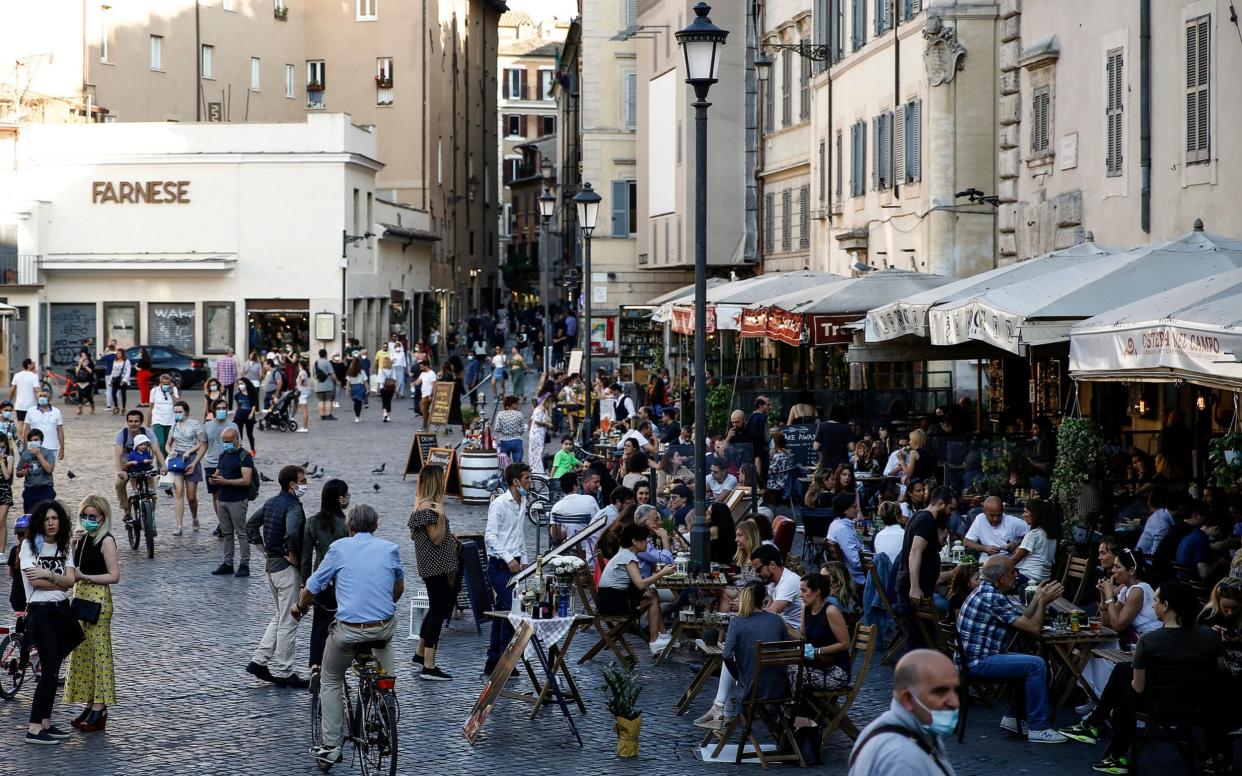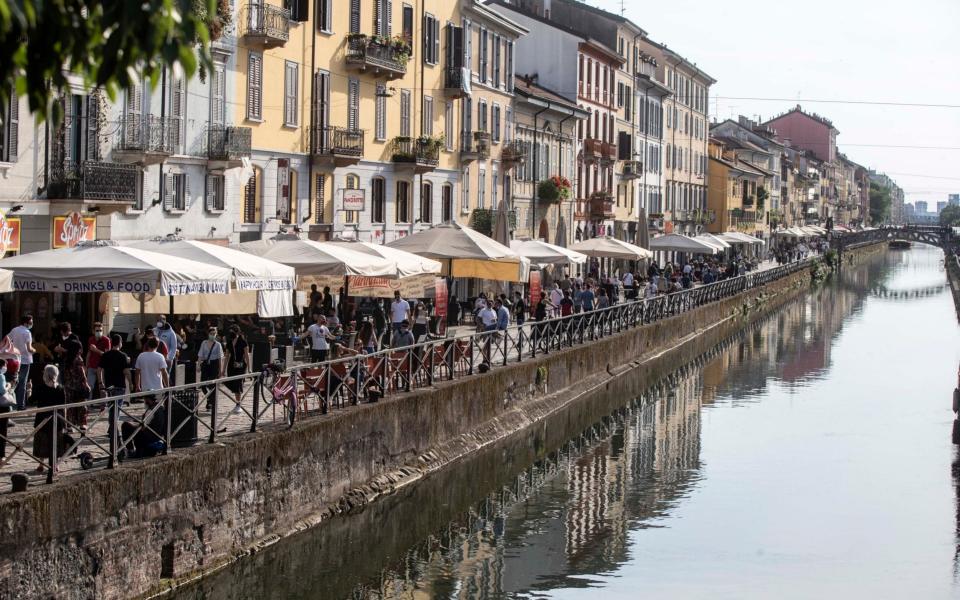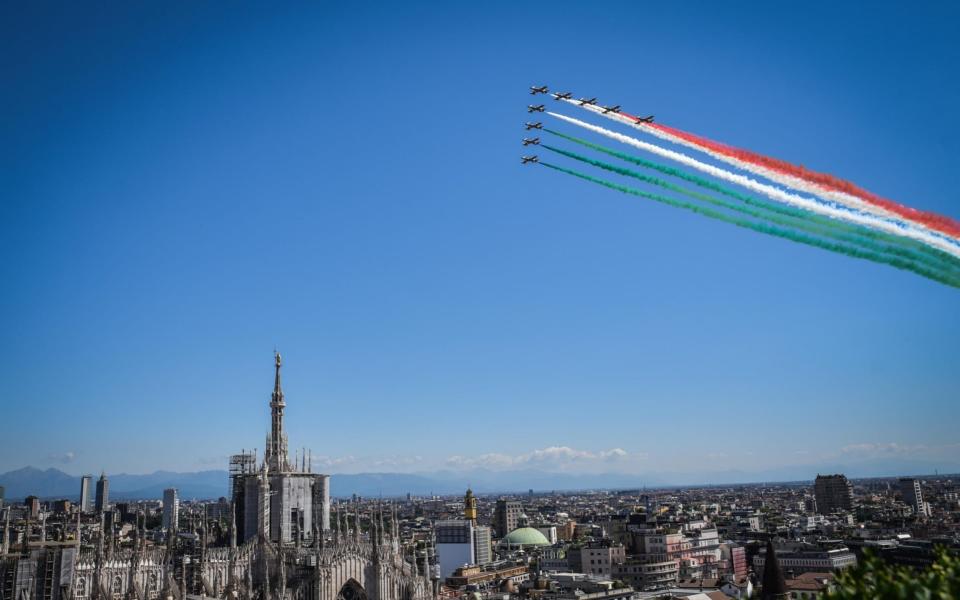Italy to recruit army of 60,000 volunteers to enforce social distancing rules

Italy wants to recruit an army of 60,000 volunteers to help enforce social distancing rules, amid fears that a second wave of infections could be looming.
The volunteers would not have any policing powers but would patrol piazzas, parks, playgrounds, markets, bar areas and beaches, asking people not to congregate in large groups.
They would be drawn from the ranks of the unemployed, those on income support and those who have been furloughed as a result of the economic crisis caused by the pandemic.
The “civic assistants”, as they would be known, would monitor gatherings and pass on information to the police and the Civil Protection Agency. They would not be able to force people to disperse.
They would work up to three days a week for a maximum of 16 hours. The scheme will be voluntary – they will not be paid but will be able to continue claiming unemployment and other benefits.

A decree to recruit the volunteers has been signed by Francesco Boccia, Italy’s minister for the regions.
Italy allowed bars and restaurants to open up last week and since then tens of thousands of young people have taken to the streets at night, drinking and socialising.
There is acute alarm among politicians and scientists that the large gatherings could lead to a second wave of coronavirus infections, reversing the positive trend of recent weeks.
Italy is the third worst-affected country in the world, with 32,785 deaths. Since the pandemic erupted in February, 230,000 people have been infected.
In Naples at the weekend, a seaside promenade was jammed with traffic until 4am while in Rome, young people drank and smoked on bridges that span the Tiber.
There were similar scenes in cities and towns across the country, from Milan in the north to Palermo in Sicily.

Italians are currently not allowed to travel between the country’s 20 regions. That ban is due to be lifted on June 3, but ministers said if the flouting of social distancing and mask-wearing continued, it might have to remain.
“It is understandable and human, after two months, to want to leave one's house, but we must not forget that we are still facing the Covid-19 threat,” said Mr Boccia, the minister.
Young people who are partying en masse are “betraying the sacrifices made by millions of Italians.”
He said the majority of Italians were respecting the regulations and are “indignant” about the behaviour of a minority.

